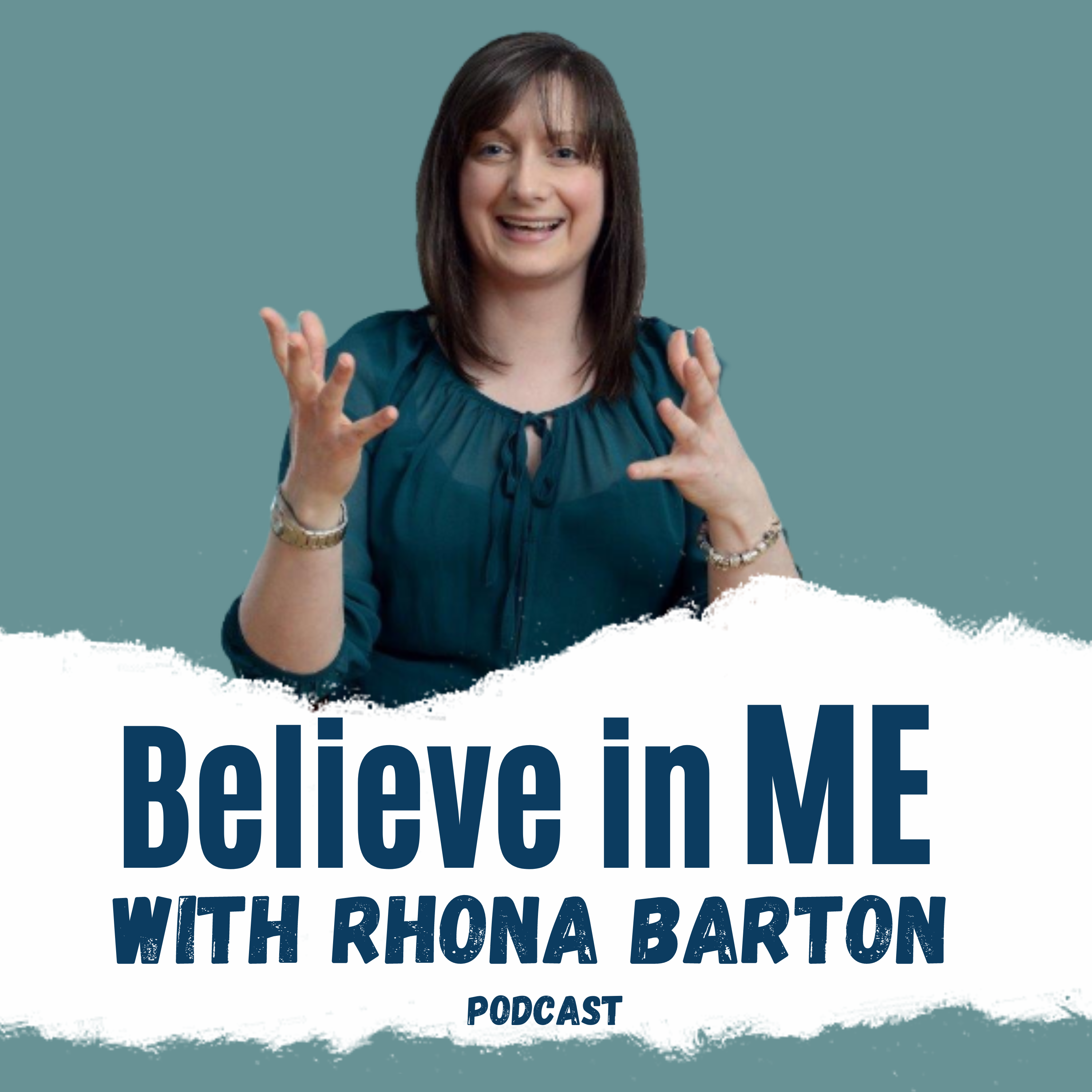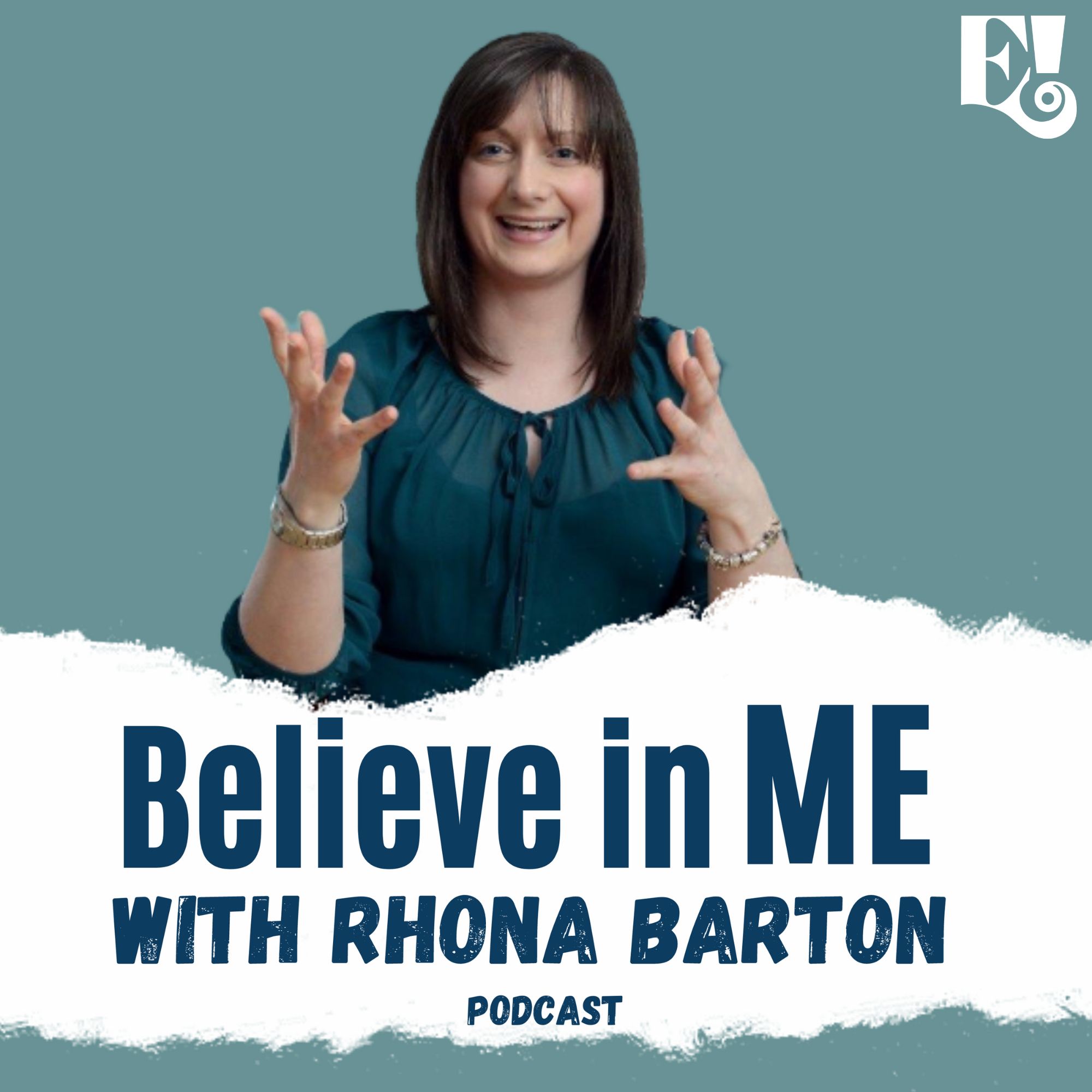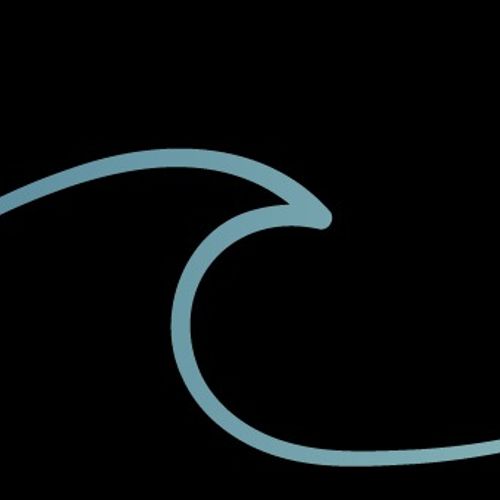You Don’t Look Like You Have ME! (International Day of Persons with Disabilities (IDPD) – 3rd Dec 2022)
Hello and welcome to Believe in ME with Rhona Barton.
This podcast is about all things Myalgic Encephalomyelitis (ME) related!
I'm Rhona and I lived with ME for almost 10 years during which time, I was bed-bound and wheelchair-bound, welcome to my Podcast.
Hello and welcome to Believe in ME with Rhona Barton. In this week’s episode I’m going to be chatting about the fact that you Don’t Look Ill.
You can head to www.rhonabarton.co.uk/media for more information about me and my story.
Don’t forget that you can review, share & subscribe to the podcast via Apple Podcasts, Spotify or wherever you get your podcasts.
Ok, let’s jump straight in!
I’ve just said you don’t look ill and, whilst that may be true for some of us, it’s not the case for everybody. Let me back up a little.
The reason I’m talking about this today is because this weekend includes International Day of Persons with Disabilities (IDPD) and this year’s theme is Non-Visible Disabilities. I’m sure we’re all aware of the likes of Autism, Dyslexia, Anxiety, Hearing Loss plus many more conditions that are not immediately obvious just by looking at someone. But, people with ME/CFS & Long Covid can also fall into this Non-Visible disability category. And that’s why I’m talking about it.
For years, I was told that I didn’t look ill. I’m mean I’m pretty pale skinned – thanks for that goes to my Scottish heritage, but unless I was in my wheelchair or using my crutches or walking stick, people didn’t think I looked ill.
My family could tell when I had overdone things as I went from my usual pale (or peely wally as we call it in Scotland) to a grey shade with dark shadows under my eyes. And it could happen quickly! Even now, I sometimes hear a “you look grey” from close friends or family when I’m pushing myself too much!
The problem with this at the time was, unless you knew me, you wouldn’t automatically think that I was ill in any way. And that seemed to be how things went for me. If I was out in my wheelchair, and later with my crutches or walking stick, there was an outward symbol of my having some form of disability. Now, let’s not even start on people talking to my Mum instead of me because I was in my wheelchair – somehow that meant I was able to understand or respond to questions so even being out and being visible, still somehow made me invisible to some people!
Without these ability aids, it was assumed that I was fit and well and “normal” so I would be asked why I was parking in a disabled parking bay, or why was I struggling to follow a conversation or answer a question? I didn’t look ill so how could I be ill?
This is some of the ignorance that goes with non-visible disabilities.
But why is it called a non-visible disability?
There’s a feeling that by using a word like “invisible” or “hidden” to describe non-visible disabilities, that the legitimacy and the impact the disability has on the individual’s life, can be diminished or even imply that the disability doesn’t exist.
A term such as “less-visible” doesn’t encompass those with conditions which are completely non-visible. Just because a disability can’t be seen, doesn’t mean it doesn’t exist. As if we don’t have enough to contend with!
Also, some people with non-visible disabilities may have a dynamic condition which means that they may, for example, use a mobility aid some days and not on others. Think about the fluctuating nature of ME/CFS & Long Covid – good days and bad days can impact what we do, how we do it, where we do and how we look when we’re doing it!
As people with ME/CFS we often use the hashtag or term #MillionsMissing. The #MillionsMissing is a global campaign for health equality for ME. The term millions missing is used to show that not only are we unable to work or socialise, many are missing careers, missing time with family and, for those severely impacted, missing simple moments like going out in the sun, reading a book or just chatting to a friend.
Whilst this hashtag term can be used for people with ME/CFS, in reality, there are a number of people who would probably agree that they too are missing in different ways because of their non-visible disabilities. It just so happens that we may see them more often in society or at work as their condition perhaps doesn’t keep them on the same rollercoaster of a ride as ME/CFS & Long Covid does.
Can we learn anything from this year’s International Day of Persons with Disabilities? I certainly hope we can. I hope to expand my knowledge and understanding of Non-Visible disabilities and I hope to use this podcast to help educate others.
As I’ve said before, we never know what is going on with other people. We don’t live inside them; we don’t feel things the same way they feel them, and we don’t always show others when we need help.
So if you’re listening to this as a friend, family member or partner of somebody who has a Non-Visible Disability, please keep this in mind as you look at them and think “they don’t look ill”.
Let’s think about some key take aways from this episode:
1. International Day of Persons with Disabilities is this weekend and this year’s theme is Non-Visible Disabilities.
2. We use the term Non-Visible instead of invisible, less visible or even hidden so that we don’t fall into the trap of believing that just because we can’t see a disability, doesn’t mean it doesn’t exist.
3. You can always learn more and help to educate others.
4. People are beginning to realise that Non-Visible disabilities exist and people living with these conditions matter.
That’s it for today everybody. I hope you have found this episode useful. I’ll be speaking to others this week about ME/CFS & Long Covid as part of International Day of Persons with Disabilities and I’ll be listening to others speak about their conditions.
If you are choosing to participate in IDPD this year, I’d love to hear about it so feel free to reach out via any of my social media links of my website.
You can still download your FREE copy of my Activity tracker by heading to www.rhonabarton.co.uk/links.
Whilst you’re there, you can head to my media page for more information about me and my story.
Don’t forget that you can review, share & follow the podcast via Apple Podcasts, Spotify or wherever you get your podcasts.
You can also sign-up for my mailing list by visiting www.rhonabarton.co.uk or join my Facebook group – Believe in ME Community by following the Facebook page (@rhonabartoncoaching).


